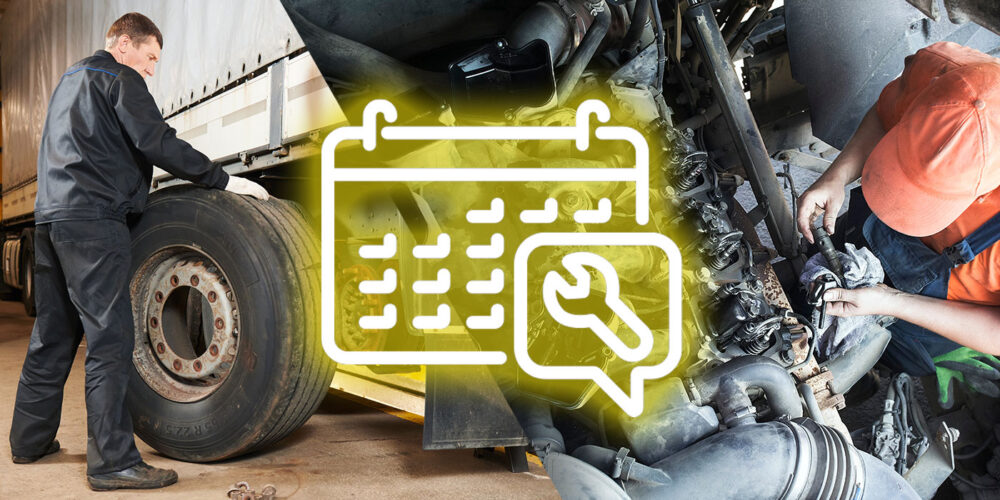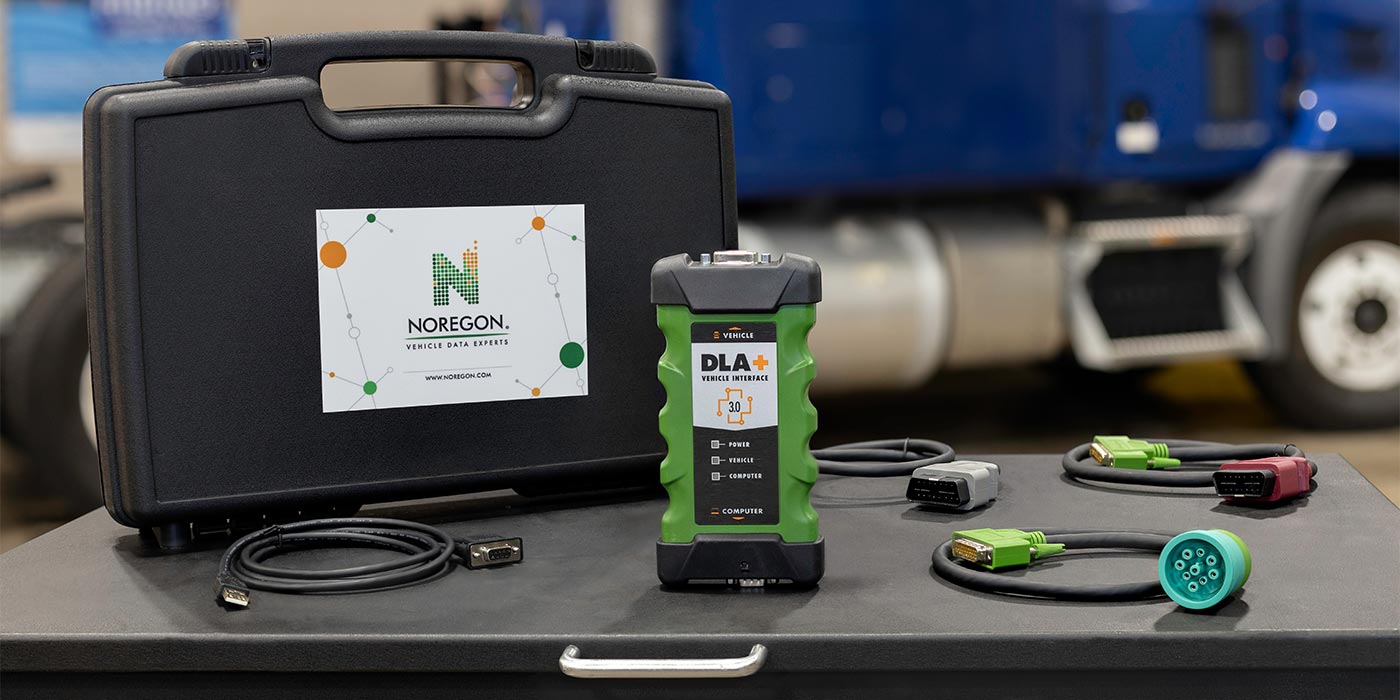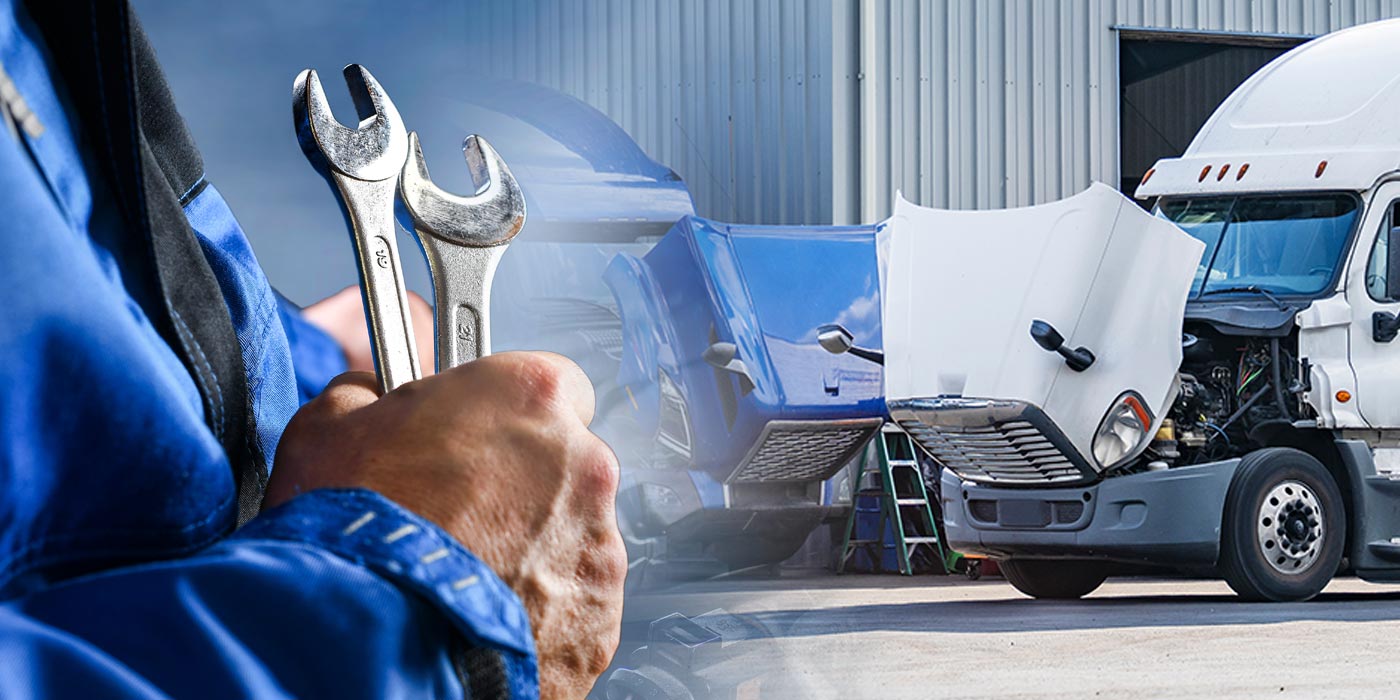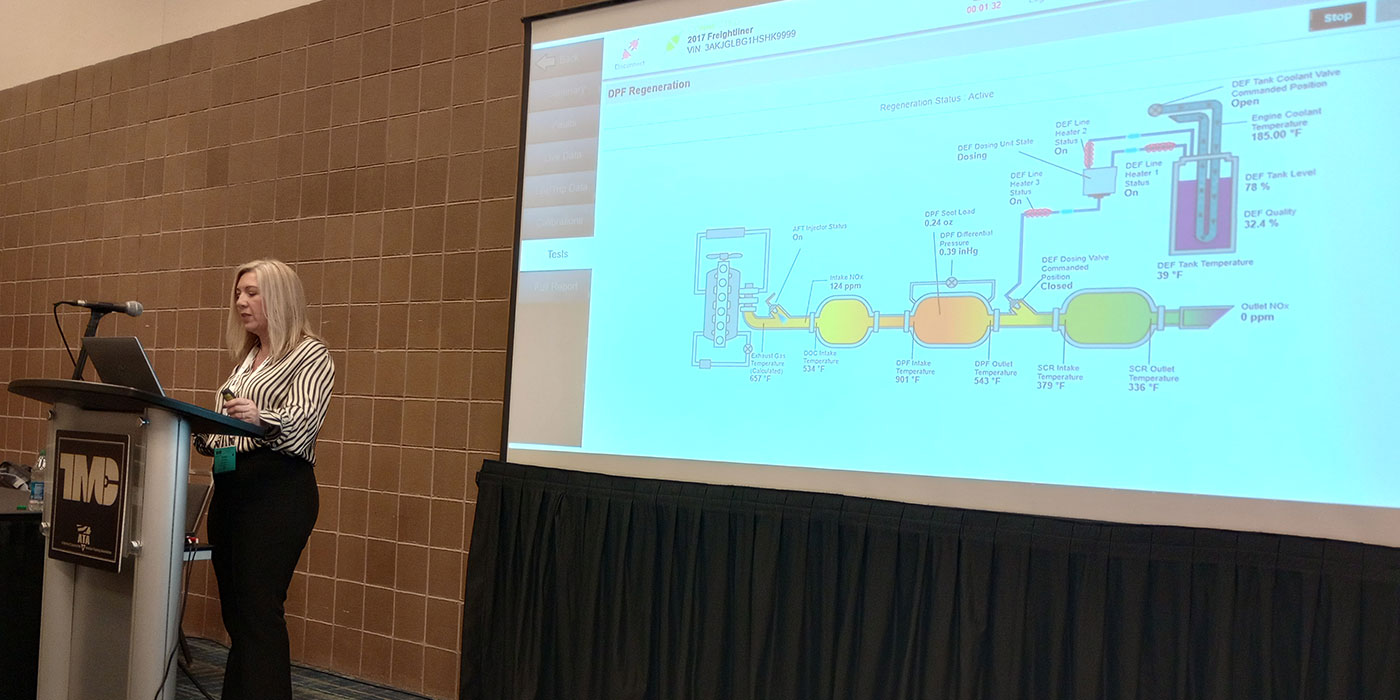We know that proper maintenance on our personal cars and trucks is important, so why should it be any different for commercial vehicles? The short answer: it shouldn’t. In fact, regular maintenance is one of the most important aspects of commercial vehicle ownership for all types of industries and vocations.
What does regular maintenance mean?
There’s more to regular maintenance than just tire rotations and oil changes. Let’s review the specifics before we dive into the reasons why regular maintenance is essential for commercial vehicles.
- Oil and filter changes: The old rule of thumb used to be every 3,000 miles, but newer engines that use either synthetic oil blends or 100% synthetic oil can go anywhere from 5,000 to 10,000 miles before an oil and filter change. The best advice, however, is to consult your vehicle manufacturer’s guidelines. Expect to replace air filters every 15,000 to 30,000 miles.
- Tire tread depth and pressure: You will likely receive a dashboard alert if you have low tire pressure, but tread depth is something many drivers don’t often consider until a technician points it out (or they fail an inspection).
- Tire rotation: It’s best to rotate your tires every 5,000 miles, or as recommended by the manufacturer.
- Alignment: Potholes, bumps, and rocky terrain can impact your vehicle’s suspension alignment, which can contribute to uneven wear and tear on your tires.
Other regular maintenance items include checking headlights, turn signals, brakes, parking lights, fluid levels, shocks, spark plugs, belts, hoses and the battery life.
Now, on to eight benefits of regular maintenance for commercial vehicles.
1) Reducing long-term costs
Yes, the items we listed above have a price tag, but the idea is that what you spend on routine maintenance will help prevent larger — and thus costlier — problems in the future. For example, rotating your tires helps them wear more evenly, which means you don’t have to buy new ones as often. Failure to change your oil may result in the need for a completely new (expensive) engine.
2) Improving safety
Not only will a properly maintained vehicle be more efficient and typically last longer, but more importantly, it will help keep drivers and passengers safe. For example, make sure a technician regularly checks your brake pads, and keep an eye and feel out for any unusual noises (such as grinding) or odd sensations (such as vibrating). Brakes that fail to work properly have the potential to create a major accident that endangers the life of your driver, passenger, and anyone else in the vehicle’s vicinity.
3) Extending the life of the vehicle
If you care for something properly it will last, and commercial vehicles are no exception. Here’s some helpful advice from Progressive: “Experts recommend scheduling routine maintenance for your vehicle, including annual engine cleaning to extend its life and regular washing to prevent corrosion. Vacuuming the interior removes dirt and debris that can lead to tears in the fabric.”
4) Detecting potential problems
Detecting small problems during routine maintenance can help prevent them from manifesting into larger, more expensive ones that can potentially put your vehicle out of commission for an extended period of time.
5) Improving fuel economy
According to the U.S. Department of Energy, “using the manufacturer’s recommended grade of motor oil in an engine can improve fuel economy by 1%–2%.” Properly inflating your tires can improve your mileage by an average of .6% but possibly up to 3%.
6) Increasing the value of your vehicle
A properly maintained commercial vehicle will go a long way with potential buyers if you’re looking to sell down the road. This includes keeping service records, which provide proof that you’ve taken good care of your vehicle.
7) Maintaining the warranty
Saving detailed records of all types of maintenance will also come in handy when it comes to your warranty. The Federal Trade Commission recommends keeping a file to track all repairs (oil changes, new brake pads, inspections — essentially everything), explaining that “if you ever have a warranty claim and it appears that you didn’t maintain your vehicle, your claim might be denied.”
8) Enhancing brand image
It’s important to maintain a commercial brand that promotes professionalism and reliability, which means you need to have dependable vehicles. The last thing you want is for your cargo van or truck to break down because of an issue that could have easily been avoided with proper routine maintenance.
If you pay attention to your vehicle, you will be in good shape. Just be thorough and don’t delay in scheduling important checks. Routine maintenance is intended to go a long way in maintaining the safety of your driver and in preserving the lifespan of your vehicle.
This article was contributed by Dawn McQueeney, Marketing Manager at Merchants Auto.














